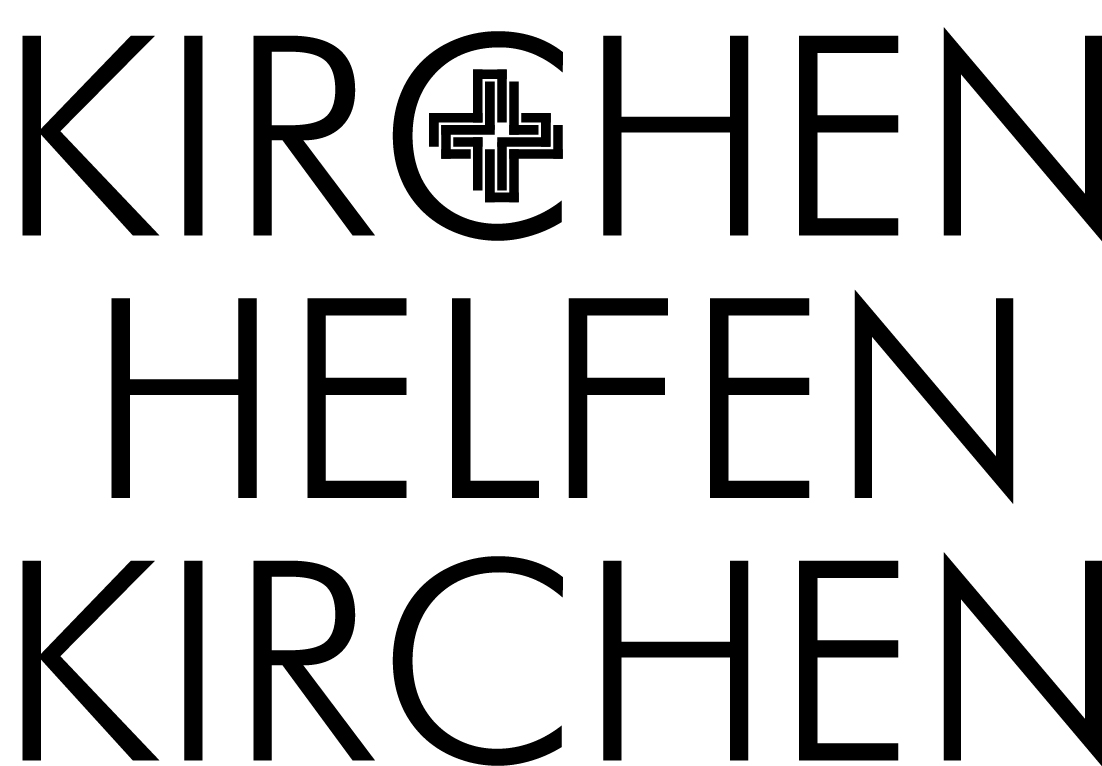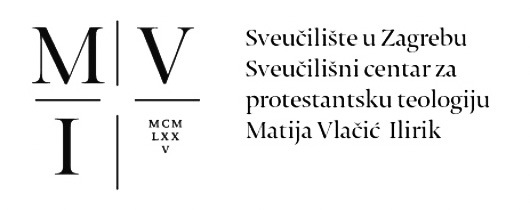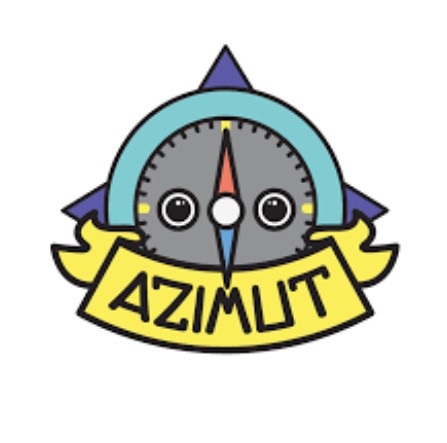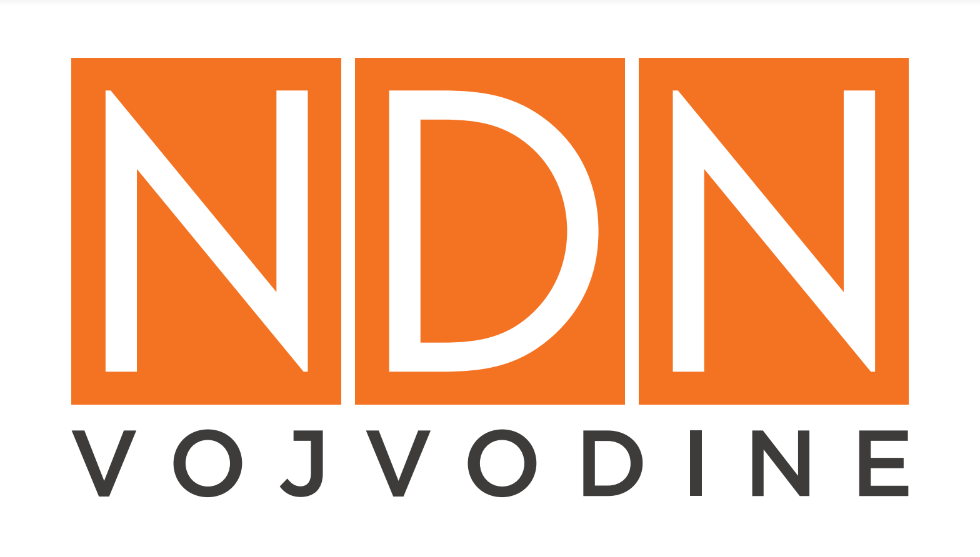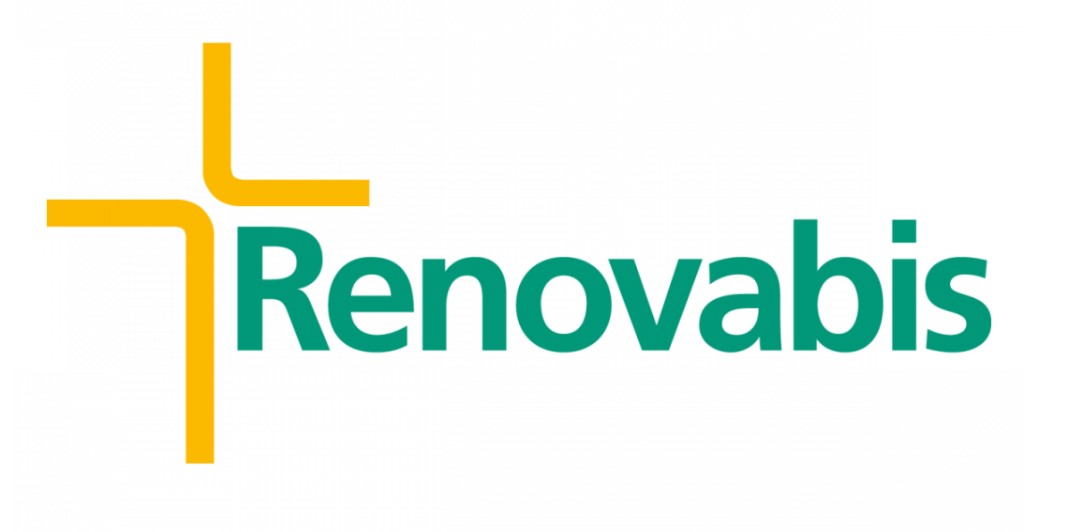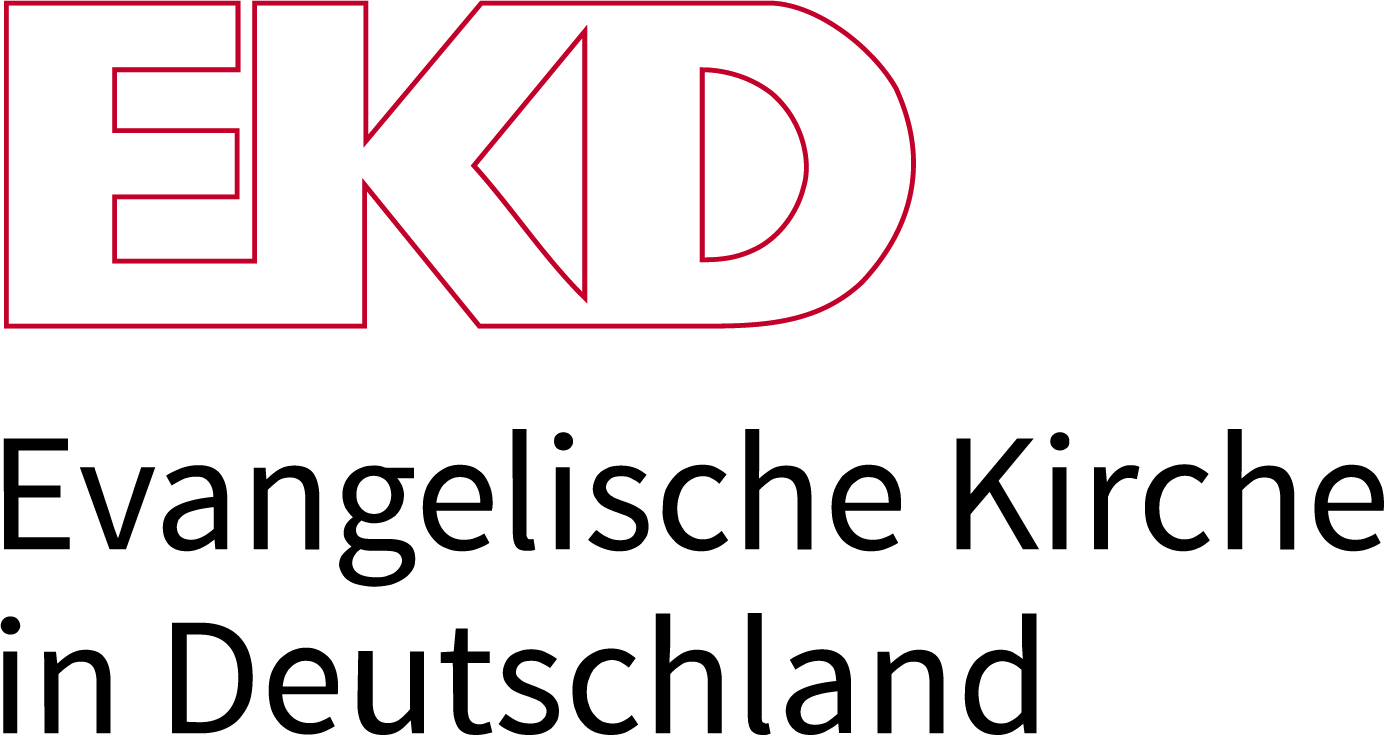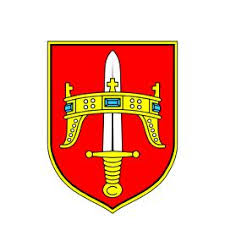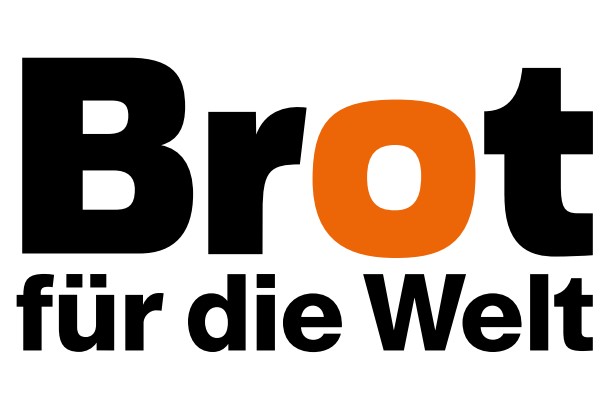Academy
ABOUT PROGRAM:
Sociopolitical normalizing of the post-Yugoslav areas is only possible by normalizing religious relations within it because the religious institution in the area in question is a centuries-old constitutive social factor, the structures of which significantly influence the creation of the entire sociopolitical atmosphere. Accordingly, it is necessary for any severe questioning of politics to include a religious aspect. This engagement, although conceived locally, does not only bear the narrow characteristics of the former Yugoslav space, given that, through ongoing European integration, the concerned area is also emerging as an integral part of the reality of the European Union, whereby the entire dimension of the Academy for Theology and Politics gains a much broader meaning.
Striving to solve the particular problem of democratization and secularization of the mentioned context, at the same time strongly marked by the sacralization of ethnonationalist discourse, the educational content of the Academy primarily aims at the articulation and formalization of the Yugoslav experience, which should serve as a scheme of quality insights into the European past, with a tendency to prevent the same and similar social and political turbulence in the European future. This is because the Yugoslav experience is not something that can be naively reduced only to the time that is behind us, for it is revealing as a real threat in the coming ages, considering that the survival of the European sociopolitical concept is jeopardized by the same danger that ended the Yugoslav one.
Believing that, in addition to the revolution of the legal system, the only true revolution is the educational one, the Academy offers to its participants the knowledge that goes through the very heart of the issues mentioned above, analyzing in detail the controversial topics and offering a construct of potential solutions for them.
The aim is to raise awareness, motivate and prepare participants for prompt social action because, given the circumstances in which we live in the first decades of the 21st century – from economic and political turbulence, through social and cultural changes, to global warming – it becomes evident that there is no more time for lengthy deliberations and decades-long “march through the institutions”, but the necessity of academic and social engagement is immediate.
The additional aim is to create a network of Academies for Theology and Politics through partnerships worldwide. These academies should enable collaboration among staff and the exchange of students to apply the idea of ecumenism more concretely. Their focus is to foster the emergence of contextual theologies capable of confronting sociopolitical and socio-religious issues in their life environment and to exchange those experiences with others further. This could be seen as a form of “receptive ecumenism from the bottom”, achieved through education and social engagement.
On an operational level, the Academy consists of four courses and takes live during the first week of September in Šibenik. This form of education provides an excellent opportunity for master’s students and doctoral candidates to interact with eminent scholars from the academic and social spheres in the former Yugoslavia region, many of whom have extensive international experience reflected in their resumes. The Academy’s workgroup comprises participants from the former Yugoslavia region and other European Union countries, with English as the working language.
Each participant must choose their priority area of interest based on the four subjects of the Academy, but they are required to attend and actively participate in all lectures held at the Academy.
Successfully enrolled participants will receive access to relevant literature and materials one to two months before the start of the Academy to better prepare for participation in upcoming lectures, which will also enable a closer acquaintance with the idea and educational framework of the Academy.
The Institute for Theology and Politics is presently in talks to obtain ECTS credits for the Academy. Once the Academy is accredited with ECTS credits, participants will have additional requirements to fulfill for successful completion. In addition to active participation in discussions, they must submit an essay on a specified topic within their chosen subject area within three months after the program ends. Upon approval of the essay by the mentor or lecturer, participants will receive a certificate recognizing their successful completion of the program. However, it is not a requirement at the moment.
The application process includes an application for admission to the Academy for Theology and Politics, a short statement explaining your interest in our program, a curriculum vitae, a scanned copy of an official identification document (identity card or passport), a certificate of enrollment at the home institution or faculty.
ABOUT COURSES:
Towards the Balkan Theology of Political Liberation
Branko Sekulić/ Zoran Grozdanov
Description:
In the absence of contextual theology of political-theological and theological-liberation orientation, many socio-religious problems are piling up in the area of the former Yugoslavia, which the theological science in the respective territory needs to have the knowledge or tools to solve adequately, but, in this very moment, it doesn’t. One of the priority disputed points in this sense concerns the relationship between ethnonationalism and religion, specifically the relationship between Croatian and Serbian ethnonationalism and Croatian Catholicism and Serbian Orthodoxy. This not only erodes the very Christian foundations of the respective communities, but it also manifests itself as a general sociopolitical problem, consequently affecting the very concept of European integration. This subject aims to deal with the mentioned lack of theological apparatus, thereby creating a framework through which the problem in question could be tackled appropriately.
Lecturers:
Branko Sekulić received his master’s degree at the Theological Faculty “Matthias Flacius Illyricus” in Zagreb, Croatia (2011), another at the Ecumenical Institute of the Ukrainian Catholic University in Lviv, Ukraine (2017), and earned a certificate in peace education from the Center for Peace Studies in Zagreb (2009). He obtained his doctoral degree at the Faculty of Protestant Theology at Ludwig-Maximilian University in Munich, Germany (2020), and achieved habilitation in Systematic Theology at the same faculty (2024). He has been a lecturer at the University Center for Protestant Theology “Matthias Flacius Illyricus” in Zagreb (since 2017) and an Adjunct Assistant Professor there (since 2023), president of the Institute for Theology and Politics (since 2023), director of the Academy for Theology and Politics (since 2023), coordinator of the theological program of the Festival of Alternatives and the Left in his hometown of Šibenik (since 2014), a visiting professor and researcher at the Stanford Center for Russian, East European and Eurasian Studies (2024), a visiting scholar at the Institute for Eastern Church Studies and Ecumenism at the University of Münster (2025), and an external associate with the Templeton Religion Trust on the project “The Forms of Pluralism in the Balkans” (since 2025). He recently published The Theology of Ethnocultural Empathic Turn: Getting to the Core of Sacralized Crime, Lanham MD: Lexington Books/Fortress Press, 2024; Prodor u srce sakraliziranog zločina, Beograd: XX. vek, 2024.; Ethnoreligiosity in the Contemporary Societies of the Former Yugoslavia: The Veils of Christian Delusion, Lanham MD: Lexington Books/Fortress Press, 2022; Krabulja kršćanskog vulgarizma: Fenomen etnoreligijantstva na prostoru bivše Jugoslavije, Rijeka: Ex libris, 2023.; “The Theology of The Ethnocultural Empathic Turn: Towards the Balkan Theology of Political Liberation”, Religions (15/2) 2024; “Ethnoreligiosic Rose of the Kremlin: A Harbinger of Intellectual and Moral Decay”, Public Orthodoxy, June 2024; “Everything You Always Wanted to Know about ‘Balkanization’ (But Were Afraid to Ask)”, Contending Modernities, May 2024; “Towards the Balkan Theology of Political Liberation”, Political Theology Network, September 2023.
Zoran Grozdanov is an assistant professor at the University Center for Protestant Theology “Matthias Flacius Illyricus”, University in Zagreb. He was a guest researcher at the University of Tübingen (where he did his Ph.D. under the supervision of Jürgen Moltmann) and the University of Münster. Also, he is an editor at the publishing house Ex libris, Rijeka, Croatia, where he, among other publications, edits Selected works of Miroslav Volf. During the past decade, he has initiated and coordinated a national campaign to abolish VAT taxes on charity food donations. He was the initiator and the editor of the Croatian edition of the International Journal of Theology Concilium (2010-2018). He recently published the book Domovina slikana tamjanom: teologija nacionalnog identiteta [Homeland Painted with Incense: Theology of National Identity], Ex libris, Rijeka, 2023.; “From Catholic Church to Religious-Populist Movements: Religious Populism Coming of Age in Croatia”, in Gionathan lo Mascolo (ed.), The Christian Right in Europe: Movements, Networks and Denominations, Transcript Verlag, Bielefeld, 2023, “From Incarnation to Identity: The Theological Background of National-Populist Politics in the Balkans”, in Joshua Ralston and Ulrich Schmiedel (ed.), The Spirit of Populism: Political Theologies in Polarized Times, Brill, Leiden, 2021. Also, he has edited the volume Balkan Contextual Theology: An Introduction, London-New York: Routledge, 2022.
Migration and Razor Wire Ideology
Drago Župarić-Iljić/ Emina Bužinkić
Description:
Seven years after the Balkan Corridor’s closure, the pathways connecting the dangerous and irregularized routes across the European southeast towards the northwest are marked by a new moment due to Croatia’s recent accession to the Schengen area. This brings old/new means of control and surveillance of the national territory on the periphery of the European asylum and migration regime, along with the physical barriers and the implementation of systemic violence at borders. Still, it also symbolically recreates the historical myths of defending the home and borderlands from the Other by establishing social distance and the practices of excluding those who are already within the state but on the margins of society. This course aims to critically reflect on the recent phenomena and processes related to forced and regular labor migration in the regional context. We want to analytically discuss the lines that shape today’s policies and discourses towards migration, including historical narratives (especially the experience of the Non-Aligned Movements and the Homeland War), mechanisms of securitization and humanitarianism, (dis)integration practices, and the conceptualization of the migration issues related to the emigrant and immigrant balance.
Lecturers:
Drago Župarić-Iljić is a Sociologist working as an Assistant Professor at the Department of Sociology, Faculty of Humanities and Social Sciences, University of Zagreb. After finishing the MA program of Sociology and Social Anthropology at the Central European University in Budapest, he completed the Ph.D. program of Sociology at the University of Zagreb in 2015 with a thesis on environmental changes as old/new generators of (in)voluntary migrations. He has published articles and chapters within the interdisciplinary fields of migration, asylum, ethnicity, population, and environmental studies, focusing on various structural causes and drivers of migration, mobility, and post-migration phenomena, with a particular interest in the Central East European region.
Emina Bužinkić is a researcher, activist, and writer at the intersections of migration, transnational solidarities, and education. Emina is engaged in research, writing, education, public agitation, and resistance activism in countering the rigidity of migration and border regimes, xeno-racism, and ethno-nationalism. Her current projects center on refugee and migrant voices and experiences in education and social movements. She has been organizing the transBalkan people’s tribunal for migration justice and writing a book Storying Social Distancing: Race, Border and Refugee. She obtained her doctoral degree in critical educational, cultural, feminist, and human rights studies at the University of Minnesota in the USA. Over the past two decades, she has participated in anti-war and peace movements in the Balkans.
Post-communist Transition as a Crime
Boris Buden/ Ksenija Vidmar Horvat
Description:
Already in the 1990s, Giorgio Agamben stated that the dissolution of former Yugoslavia and, in general, the dissolution of the traditional state organisms in Eastern Europe should not be regarded as a return to the so-called state of nature – a sort of Hobbesian war of all against all – which will be soon replaced by new social contracts, concretely, by law and order of the new democratic nation-states. Far from representing a regression of the political order into some previous forms, these events, he suggested, have introduced a permanent state of emergency. They were, as he wrote, “bloody messengers” of the new Nomos on Earth (C. Schmitt) that would spread all over the planet. This is why war crimes – as a particular form of more general criminal practices intrinsic to the so-called post-communist transition (privatization of state and public assets, ethnicization of social and political issues, culturalization of moral and religious values, etc.) – have taken place outside of the crumbling juridical-political order can never be sanctioned by this order itself. Additionally, the seminar will investigate the politics of gender after the collapse of the Yugoslav federal state and the role of gender in societal transformation, particularly concerning national identity and notions of common collective life. Lisbeth van Zoonen (1994) has argued that in times of dramatic social changes, gender provides an anchor of continuity. This continuity is based on the reconfirmation of (traditional) gender roles, especially in the domain of family and privacy, while the claims to “tradition” in the realm of the core social unit of national reproduction allow for transformations in other areas of social life. In a post-socialist transition society, the opposite is true. Break from the gender norms and identities of the preceding epoch is deemed crucial, indeed a vital element of social transformation. Socialist regimes of gender and sexuality are discarded as “unnatural”, allegedly forcing women to assume identities that are in sharp contrast with their “biological” essence. Consequently, the disposal of the socialist ideology of gender is of prime concern for post-socialist reconstitution. Henceforth, gender revisionism has been an important tool of historical revisionism. The class will confront the revisionism in the representation of gender and sexuality through selected cases of artistic interventions that have raised public upheaval and will ask, in a broader sense, how art is involved in the realm of post-socialist memory.
Lecturers:
Boris Buden is a writer and cultural critic based in Berlin. He studied philosophy in Zagreb and received his Ph.D. in cultural theory from Humboldt University in Berlin. In the 1990s, he was the editor of the magazine Arkzin in Zagreb. His essays and articles cover the topics of philosophy, politics, and cultural and art criticism. He has participated in various conferences and art projects in Western and Eastern Europe, Asia, and the USA, including Documenta XI. Buden is a permanent fellow at Vienna’s European Institute for Progressive Cultural Policies. Buden has lectured at universities in Europe and the USA. He is currently a visiting professor at the Faculty of Media and Communication in Belgrade and teaches cultural theory at The University of Applied Arts in Vienna. Buden is co-editor and author of several books, including Barikade, Zagreb (1996/1997), Kaptolski Kolodvor, Belgrade, 2001, Der Schacht von Babel, Berlin, 2004, Übersetzung: Das Versprechen eines Begriffs (together with Stefan Nowotny), Vienna 2008, Zone des Übergangs, Frankfurt/Main, 2009, Findet Europa: Eine Suche in der Dolmetscherkabine, Vienna 2014, Transition to Nowhere: Art in History After 1989, Berlin 2020, etc.
Ksenija Vidmar Horvat is a professor of sociology of culture at the University of Ljubljana, Slovenia. She coordinates an interdisciplinary research program, Social Contract in the 21st Century, focusing on questions of identity, memory, post-socialism, and gender. Her books include Imagined Motherhood: Gender and Nationalism in the 20th Century (2013,2014, 2017), Peripheral Europe: On Transitology and Post-Crisis Discourses in Southeast Europe (2018, 2020, 2023), Revisions of Gender: Studies of Women in Post-national Society (2021). She has contributed to the chapter “Cosmopolitan Patriotism” in the Handbook of Patriotism (2017) and several articles on migration, gender, and citizenship. At the moment, she is a vice-rector at the University of Ljubljana.
Future Society and Relations Toward Facts
Ivana Dragičević/ Kosta Bovan
Description:
Tectonic shifts caused by technological and geopolitical changes have created (and still creating) a different global public space. Using the well-known social psychology and technology theories, political and corporate actors have made the so-called post-truth concept, through which various manipulations undermine trust within societies in liberal democracies. How do democratic societies, faced with the influence of disinformation and misinformation, function? How to create confidence in the age of prolonged crisis? How to understand reality in an era in which it is possible to live only within their own truth? The seminar will deal with this contradiction, explore its far-reaching consequences, and address the prospect of a more profound historic transformation that will go beyond the limits of the transitional ideology and its corrupt teleology. The seminar will try to create new possible terms, starting points, perspectives, and topics to analyze and contextualize potential changes in the media and the future of democratic societies. We will present the models of public impact in democracies and autocracies. With the participants, we will observe the correlation between the understanding of the created and possible narratives in the digital environment – artificial intelligence, algorithms, big tech, and social networks concerning traditional media, politics, and science. How do you check the facts, and how do you create and restore trust? In addition, a particular focus on the subject will be given to the role of citizens in (contemporary) democracies, the challenges they face, and new forms of political behavior resulting from global political and technological changes. Thus, we will cover topics closely related to the post-truth society and alternative facts, such as populism, conspiracy theories, polarization, online political participation, etc.
Lecturers:
Ivana Dragičević is editor-at-large at N1 Television, an exclusive CNN affiliate for the Adria-Balkans Region. She previously held roles of Executive Producer of News Program and Executive Editor of International News. She is Europe’s Futures Fellow at IWM Vienna. She writes the weekly column Global Fokus for N1 web and works on a series of N1 (Dis)info within Adria Digital Media Observatory, part of the pan-European consortium that fights disinformation – European Digital Media Observatory. She collaborated with the European parliament authoring two TV series – Voters 2024 and Future of Europe. She made documentary films on international affairs and interviewed various global figures, from Jens Stoltenberg to Bashar al-Assad, Amin Maalouf to Bob Geldof. She received multiple awards for her work, only this year „Gordana Suša Award“ for the best TV journalist in the region and the Europa Award for the best TV journalist covering European issues. She’s an author of acclaimed books Nejednaki: priče o današnjem svijetu [Unequals: Stories on Today’s World] (2018), Nesigurni: Self-help za današnji svijet [Insecure: Self-help for today’s world] (2023), on globalization, global governance, and inequality.
Kosta Bovan is a political scientist interested in various aspects of the political behavior of citizens, ranging from voting behavior and institutional trust to (online) political participation and citizen competencies. He holds a BA and MA in psychology and a Ph.D. in political science. He is currently working as an associate professor at the Faculty of Political Science, University of Zagreb. He published over 20 articles in major Croatian, European, and global scientific journals. He participated in several scientific projects and is currently the project leader of two projects – “Young People, Media, and Democracy – Examining the Threats of Polarization and Fake News” and “Croatian Election Studies: Changes in Trends of Political Behavior of Croatian Voters”. Kosta Bovan is a member of two NGOs – Center for Democracy and Law Miko Tripalo and GONG.
Nikole Tesle 35, 22000 Šibenik, Croatia | info@itp.hr
Copyright©2024 | Design: Pavao Roca | Logo: Ante Filipović Grčić (2FG STUDIO)


